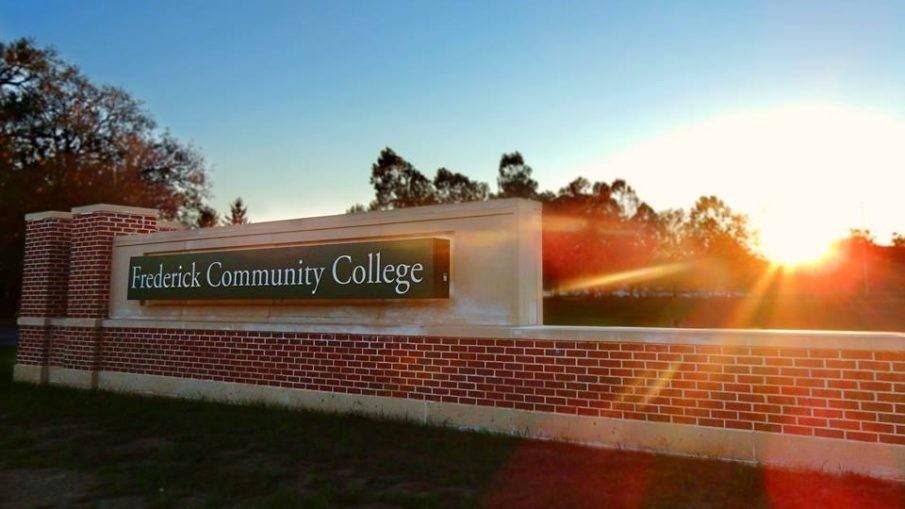FCC graduate Rafaella Tejada, 23, cannot enroll in a university because, since March 2020, FCC’s buildings remain close to the public, making it difficult for Tejada to contact the staff and receive her transcripts.
“I knew I was about to graduate, but because of the pandemic, I could not meet with my counselor to help me with the transfer process, transcripts, and apply for my graduation,” Rafaella Tejada, social studies graduate, said. “I did not even know I had graduated until I got the graduation book of FCC, and there was my name in it.”
The pandemic is limiting communication between students and staff. Going entirely online generates more stress for both students and college staff.
“Sometimes in my sessions, I’ll say if you were in my office, we would check things off. I’ll print things out just to help you.” Christina McGill, an FCC counselor, said, “We have tried to manage online, but it doesn’t compare to the in-person experience.”
The FCC website requests the social security number to send the student’s official transcript. In Tejada’s case, she does not have a Social Security number, only a tax ID number. Every time Tejada manages to communicate with the FCC staff, no one can solve her problem because no one is familiar with such a rare case. Tejada cannot go to the offices to explain her case, making the process almost impossible for her to the point where she decided to wait for everything to go back to normal.
“I contacted the FCC, and they only gave me an email address to explain my case to other people. I sent about five emails to that address and never heard back,” Tejada said.
Tejada’s current situation is the same as when she graduated in 2020. She still waits for an answer.
“I lost my job because of the pandemic, and for months I didn’t think about anything, I couldn’t study or work. Now how could I pay for the university?” Tejada said. “This situation of not having my transcripts and losing my job made me stop my plans to transfer.”
According to Shelby Metzgar, FCC assistant director for financial aid services, many students who receive financial aid usually work in customer service-related jobs where they couldn’t go to work anymore due to the COVID-19 restrictions. Therefore, many of those students saw a reduction in employment, leading to more financial need.
“Students who are eligible for FAFSA can make a special circumstance request, and we did see an influx of requests due to the loss of employment,” Metzgar said. “However nationally, FAFSA submissions are down across the country, and a lot of that can be blamed on the pandemic and students not having access to face-to-face help in the financial aid office.”
McGill assures that the information students need can be found on the FCC website. However, it is not as easy to find as it used to be when there were fliers in every building hallway.
“Advisers are here to help, guys. We are here as a resource for you. You are not alone. There are people here to help you.” McGill said.
Tejada’s advice for students who want to transfer is always to be present, do research about the process, and not let time pass.
“Don’t be nervous to ask a question or reach out if there is a problem we may be able to assists with,” Metzgar said. “We want to be an office that students feel that they can reach out and ask for help.”
Frederick Community College staff are eager to help and students need the help, but the pandemic has made this process complicated for many. However, FCC hopes to continue to improve communication between students and counselors and is open to suggestions.
Contact Christina McGill if any student has suggestions or concerns. For financial aid guidance, contact Shelby Metzgar.

